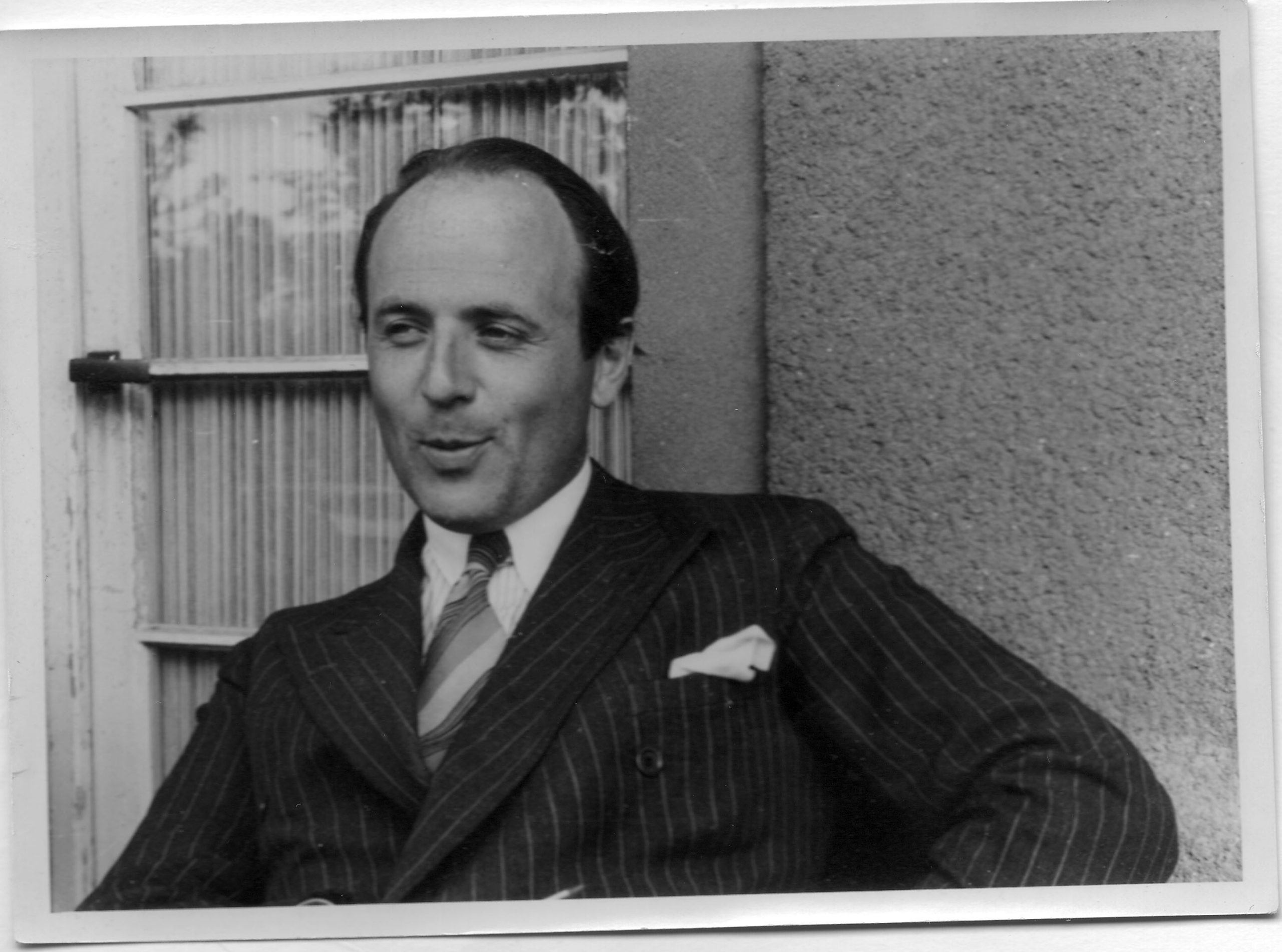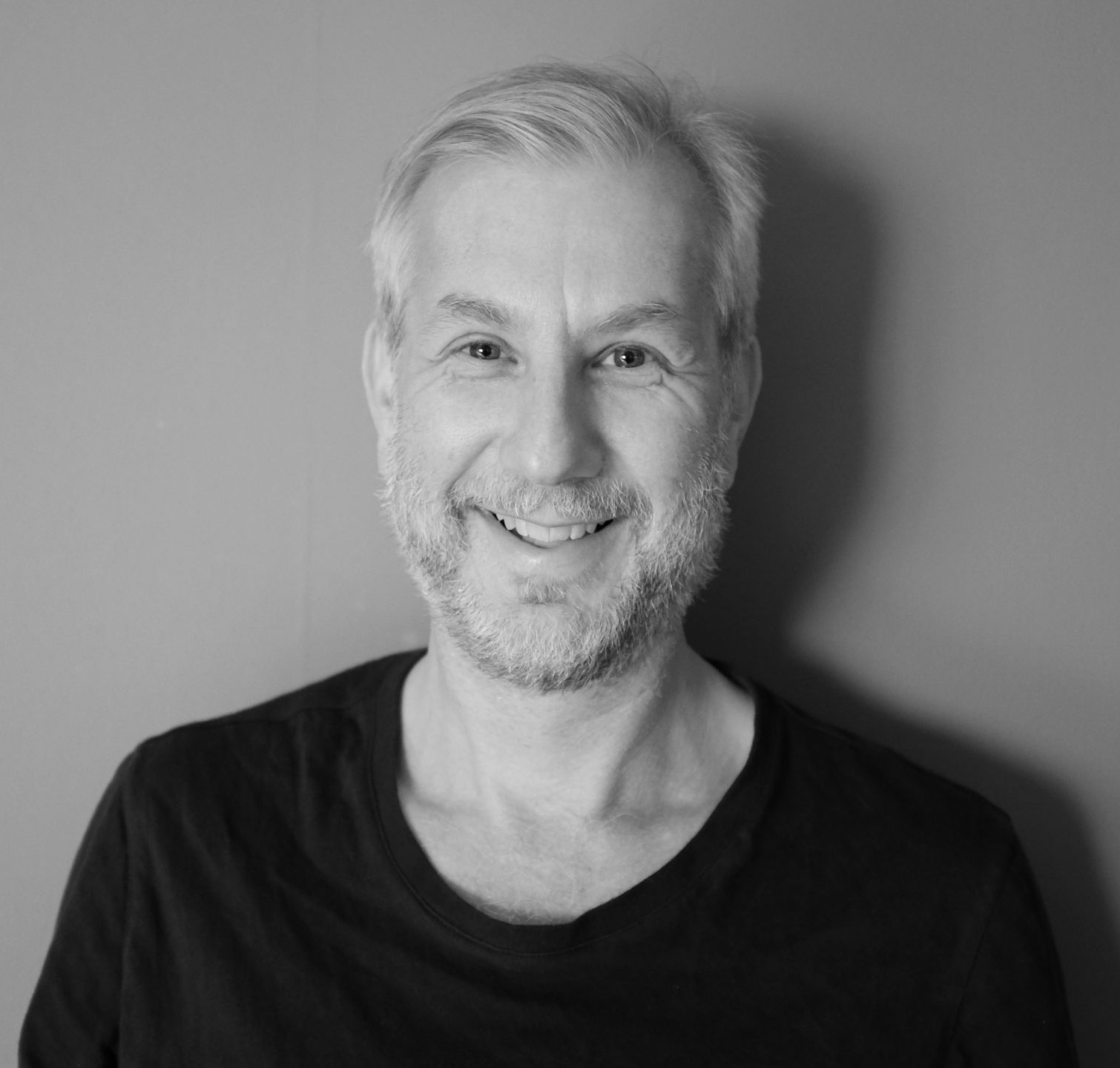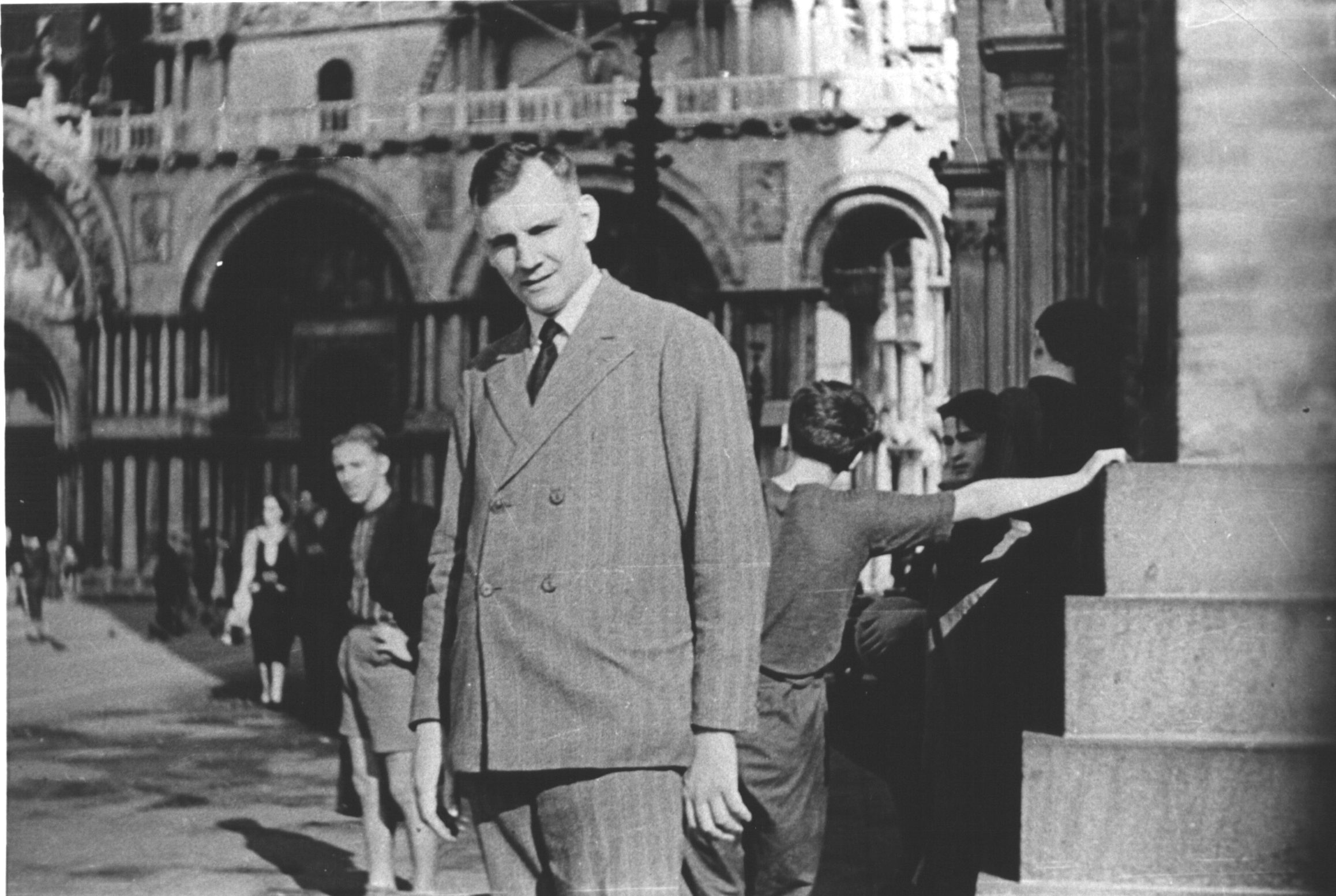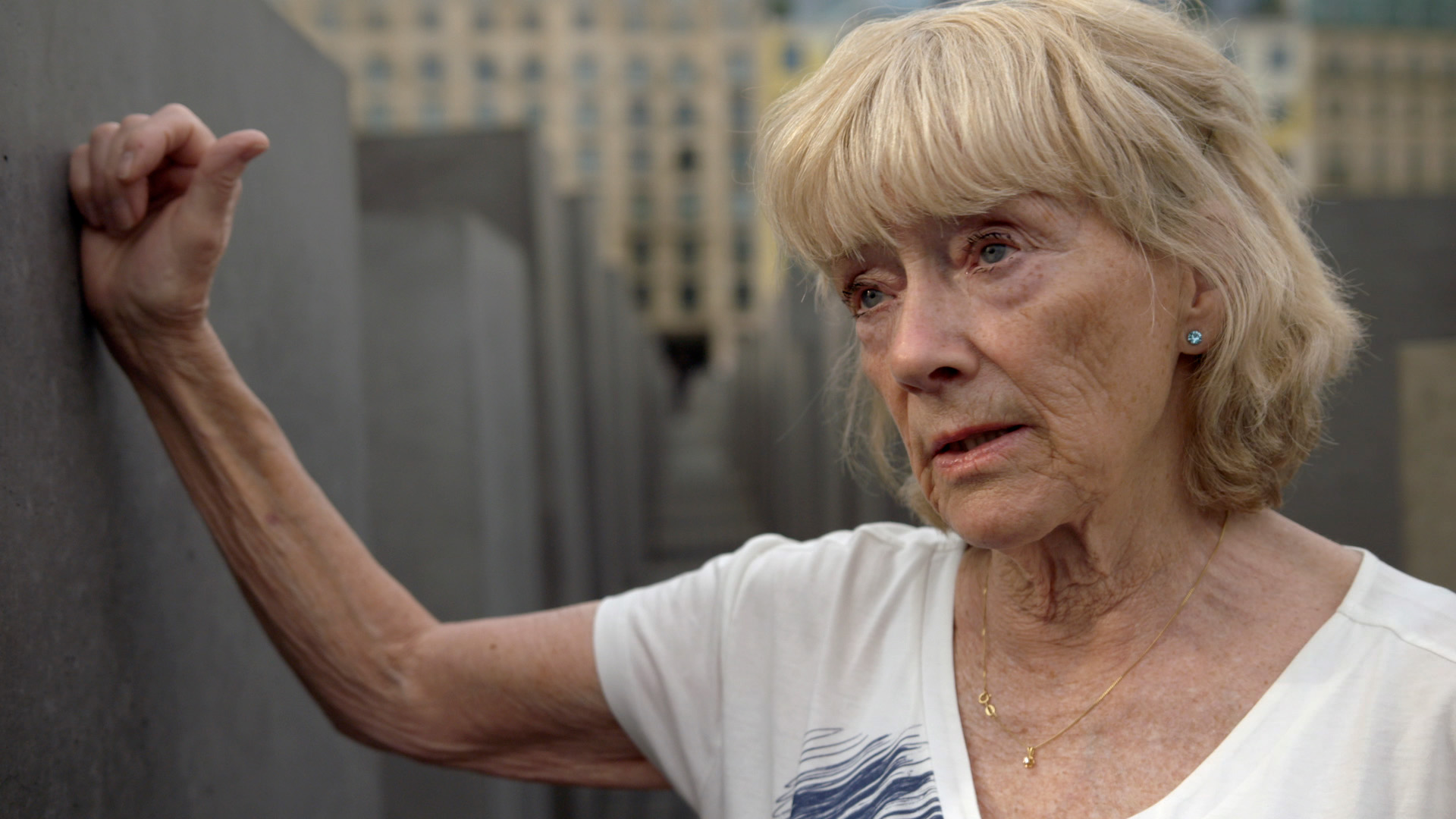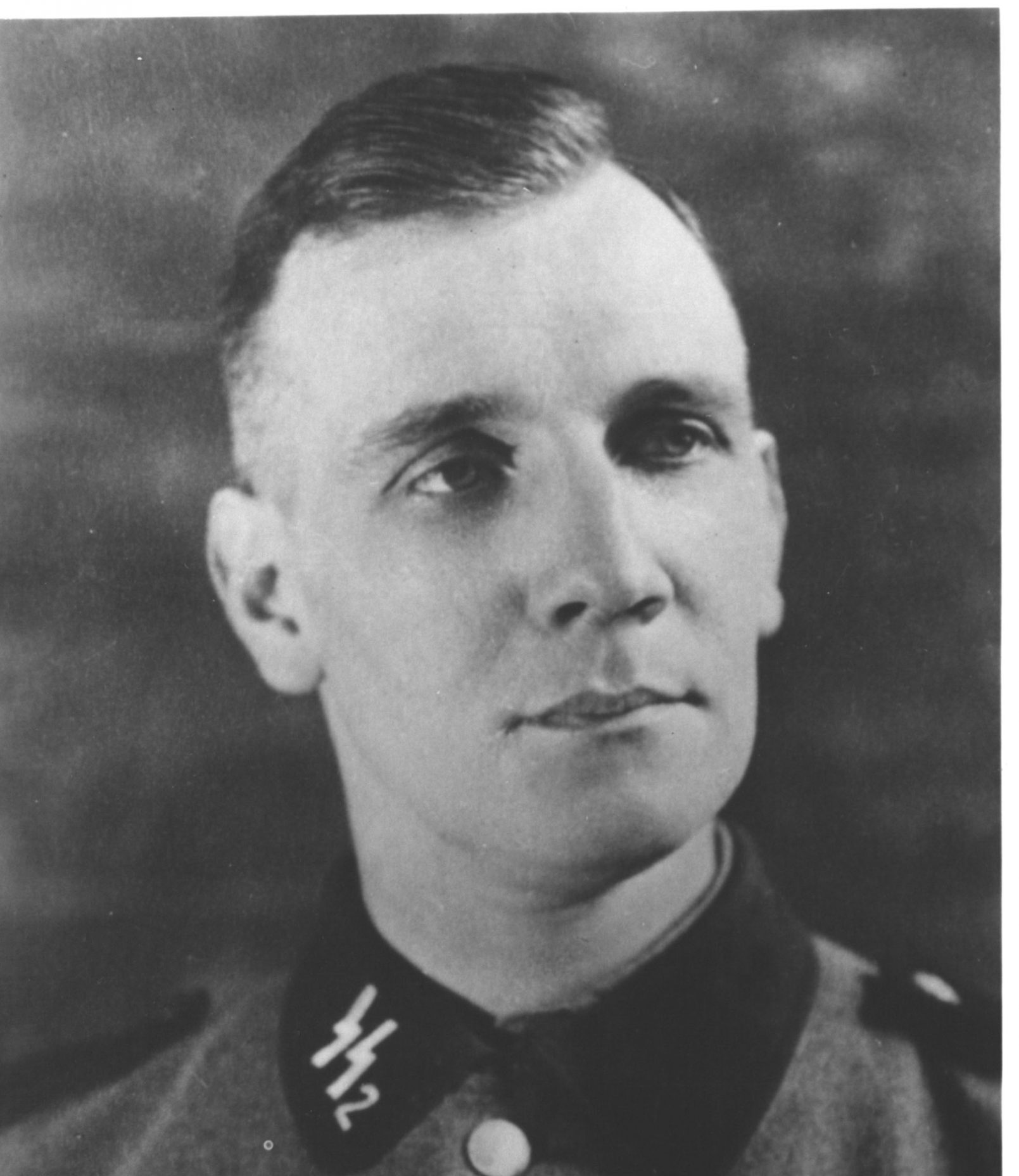On a night train in the midst of the Second World War, a German SS officer secretly passes on the very first testimony of the Holocaust to a Swedish diplomat. In present time, an old woman tries to find the truth to this event which gave her father a sense of guilt for the rest of his life.
Synopsis
On a night train in the midst of World War II, a German SS officer, Kurt Gerstein, secretly passes on one of the very first testimony of the Holocaust to a Swedish diplomat, Göran von Otter. This encounter came to haunt von Otter throughout his entire life. Now his daughter, Birgitta, tries to find out what happened with the information. She searches for the truth and an understanding and forgiveness of her father. Finally, she visits the German SS-officer’s daughter Adelheid von Platen. The two women are connected by this haphazardly encounter between their fathers. A brief encounter that still, over seventy years later, continues to have impact and echoes in their lives. A story about shame and personal responsibility. A film about Sweden and the guilt from the Second World War.
“The Swedish Silence” is a unique story on the Holocaust told by two women and the individual relationship to their fathers. Two families that kind of represent each of their countries. One family is dysfunctional with an open wound – the other with a culture of silence that still numbs.
About the Director
Carl Svensson is a Swedish film director who makes fiction and internationally acclaimed documentaries living in Stockholm. Carl Svensson was born in 1973 outside Lund, Skåne.
He started working as an assistant director in theater at Gothenburg City Theater, among other places, and then moved to Stockholm to work for the commercial film company Atmosfär. There he first worked for Jörgen Lööf, with whom he then also directed.
During this time, Svensson directed several short feature films and documentaries. The breakthrough came with the film “Pappa Parkinson” and he then came to work with several audience and critically acclaimed programs on TV.
The first feature film is the documentary “The Swedish Silence” which premiered in 2018.
In the past year, Svensson has worked returning to fiction and works as a second unit director for a couple of different TV dramas and develops script ideas for TV and film.
Artistic Statement
I want to tell the story of Kurt Gerstein and Göran von Otter that I did not know before. I think it is remarkable that I have never heard of history and that Sweden was one of the first to have an eyewitness account of the Holocaust. Somehow I think this shard of World War II contained so many strong stories on several levels – the essence of World War II. Great politics at the same time as human destinies.
Secondly, I want to tell you about the daughters of these two men. They are the main characters and it gives a new, unique perspective on the Holocaust. It is thus not the “actors” of the Holocaust but rather its “observers”; witnesses to the witnesses. Somehow the families become symbols of their countries. The Swedish where everything is beautiful on the surface – but there is a secret that you have not really dealt with; the German – dysfunctional, where everything is out and “hanging in front”. These are the wounds of a father who was never there and where guilt and shame continue to affect even today. Adelheid is captured by these memories.
With the film I wanted to create an awareness about von Otter / Gerstein. I both wanted to create an emotionally strong story. To follow Birgitta’s journey and also get to take part in Adelheid’s memories from her upbringing. What was it like growing up as a child of an SS man after the war? I thought it was strange that history did not even exist as a footnote in historical descriptions of Sweden and the Second World War and I wanted to have a discussion about Sweden’s actions during the war.
I also want to tell you about how the wounds of war affect people for generations. It is a complex and complicated picture. I wanted to tell you that Sweden is part of European history – and if we can not acknowledge our role, we can not face similar problems that we may be confronted with.
The pilot filming for the film began with an interview by Birgitta von Otter on November 15, 2013, and then continued in February 2015. The meeting between the daughters is in September 2015. And the last filming of clips is in the summer of 2017. The editing is finished in the spring of 2017 (with a correction of archive material and additions in autumn 2017). The film premieres at Bio Capitol on October 17, 2018. It has also been broadcast on SVT and MDR.
Festivals, Screenings, & Awards
Flickers’ Rhode Island International Film Festival – 2018
Ammarnäs Documentary Film Festival
St. Louis International Film Festival
AFIN International Film Festival – 2018


